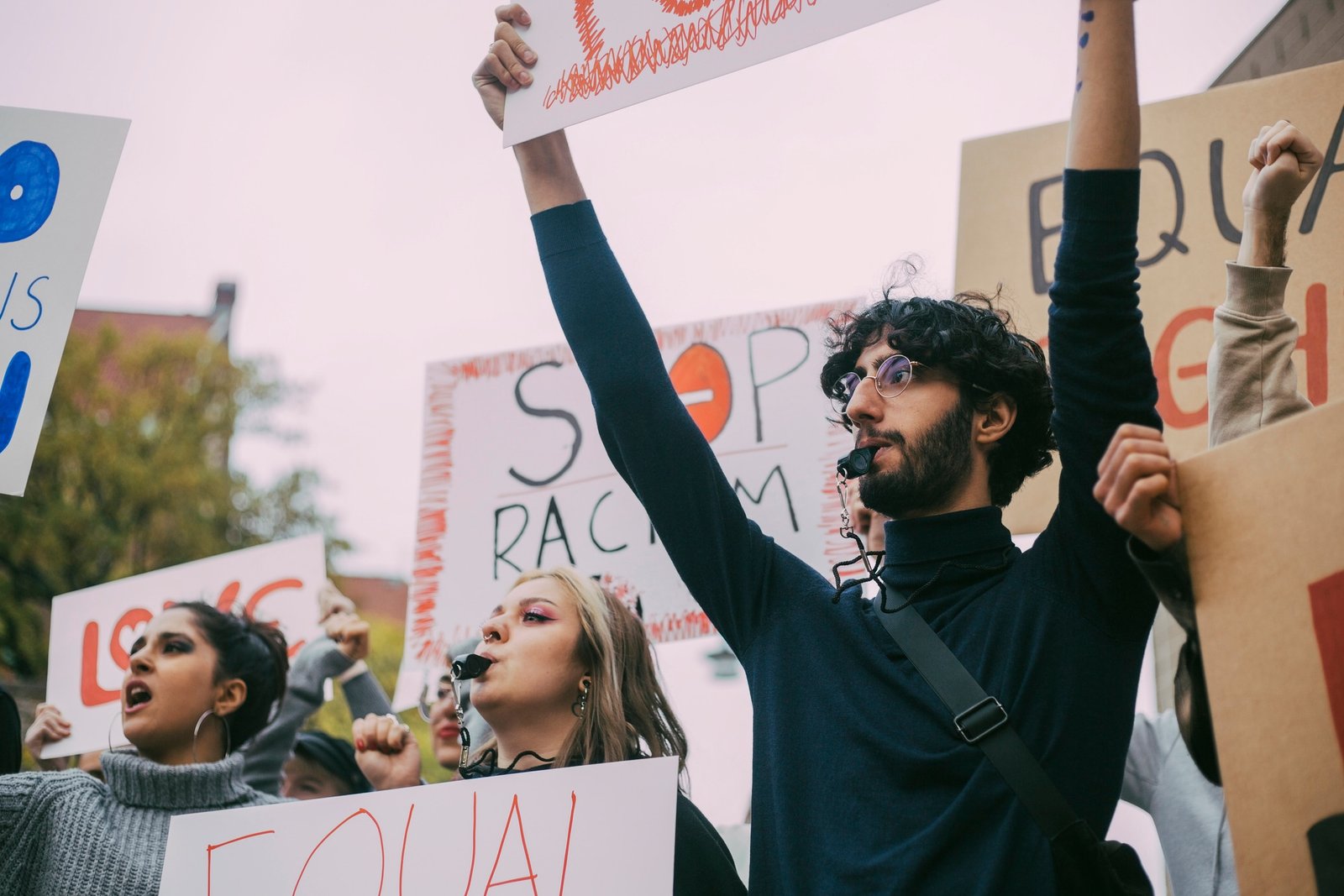France, the right to abortion will be in the Constitution in 2024
France will soon include the right to abortion in its Constitution. This was announced by the French President Emmanuel Macron in a tweet released last year. In 2024, women’s freedom to have an abortion will be irreversible.”
This is a historic decision in Europe, light years away from the line adopted by countries such as Poland, where there is an almost complete ban on abortion. The French president announced his intentions last March, on March 8, the International Day for Women’s Rights, essentially indirectly responding to the United Stateswhere the historic decision was overturned in June 2022 Roe v. Wadethe one that guaranteed the right to abortion acting as a precedent.
In France, abortion has been decriminalized on November 29, 1974, after two days and three nights of debates in the chamber by the Assemblée Nationale. The debate on the constitutional amendment began a year ago and Macron is tasked with passing the bill with broad consensus in Parliament.
In Rome there is controversy over LGBTQIA+ rights classes in schools

Controversy is raging in the capital over a Capitol-born project that aims to organize a series of imeetings on LGBTIA+ rights in schools. It is said “Meet Andrea – Journey into the LGBTQIA+ community”, and is promoted by the Department of Equal Opportunities and is intended for Middle School, High School and Vocational School students, but also open to the families of participating students.
The project, which is included in the draft training program for the institutes of the capital, aims “to highlight the knowledge of specific community-related issues” and “potentially prevented discrimination based on gender identity and sexual orientation to create a peaceful society based on the respect and dignity of every human being.” It is a series of meetings that will take place in school premises or in the offices of associations such as Famiglie Arcobaleno, Genderlens, Rete Genitori Rainbow, Gaynet Roma, Plus Roma, Circolo di homosexual cultura “Mario Mieli” and Gay Center.
Direct opposition protests of Mayor Gualtieri in the Campidoglio, but also of Pro-Vita, but no step has been taken behind the Municipality, as confirmed by Marilena Grassadonia, coordinator of LGBT+ Rights of Roma Capitale: “We are moving forward on the path of promoting rights”.
Japan, sterilization requirement for transgender people is unconstitutional

Japan’s Supreme Court has ruled that a 2004 law requiring people to undergo sterilization was unconstitutional. transsexual. Japanese law, in fact, states that in order to change gender on documents a person must be at least 18 years old, not married, have no minor children, have a diagnosis of gender dysphoria, and be free of reproductive capacitywith genitalia that mirror those of the desired sex.
However, a transgender woman asked the Supreme Court to intervene in her case: already under hormone therapy, the court also ordered her to undergo sterilization and decided to take the case to court. After the first two levels of judgment, which found it wrong, on October 25 the Supreme Court issued a decision in which it ruled that the special law on gender identity disorder, which requires surgical sterilization as a condition for changing sex, is unconstitutional. because it comes into open conflict with Article 13 of the Constitution, which underlines the importance of respecting individual rights.
“This is a historic decision for transgender rights in Japan and the latest encouraging sign that the country is re-evaluating discriminatory practices or laws targeting LGBT+ people,” said Boram Jang, Amnesty International’s transgender rights researcher. . “East Asia – The court’s decision represents an important step forward, but the fight for LGBT+ rights in Japan remains an uphill battle.”
India’s Supreme Court refuses to legalize gay marriage

Nothing happened, come on Supreme Court of Indiafor legalization of same-sex marriage. Parliament must decide on the merits, the Court said, even if a partial concession was made to the LGBTQIA+ community by acknowledging that the government has a duty to recognize LGBTQIA+ relationships and protect them from discrimination.
The setback came at the end of a lengthy review of about two dozen requests to legalize same-sex marriage, with a ruling that saw two justices out of five against: “It is the responsibility of Parliament and state legislatures to determine the law on marriage.” , said the President of the Supreme Court Dhananjaya Yeshwan Chandrachudadding, however, that “our ability to feel love and affection for one another makes us feel human, and this Court has recognized that equality requires that Queer unions and queer people should not be discriminated against».
Great disappointment among the associations that they have been fighting for years for legalization and recognition of same-sex marriage, which he hoped would make India the second Asian country, after Taiwan, to take the step.

